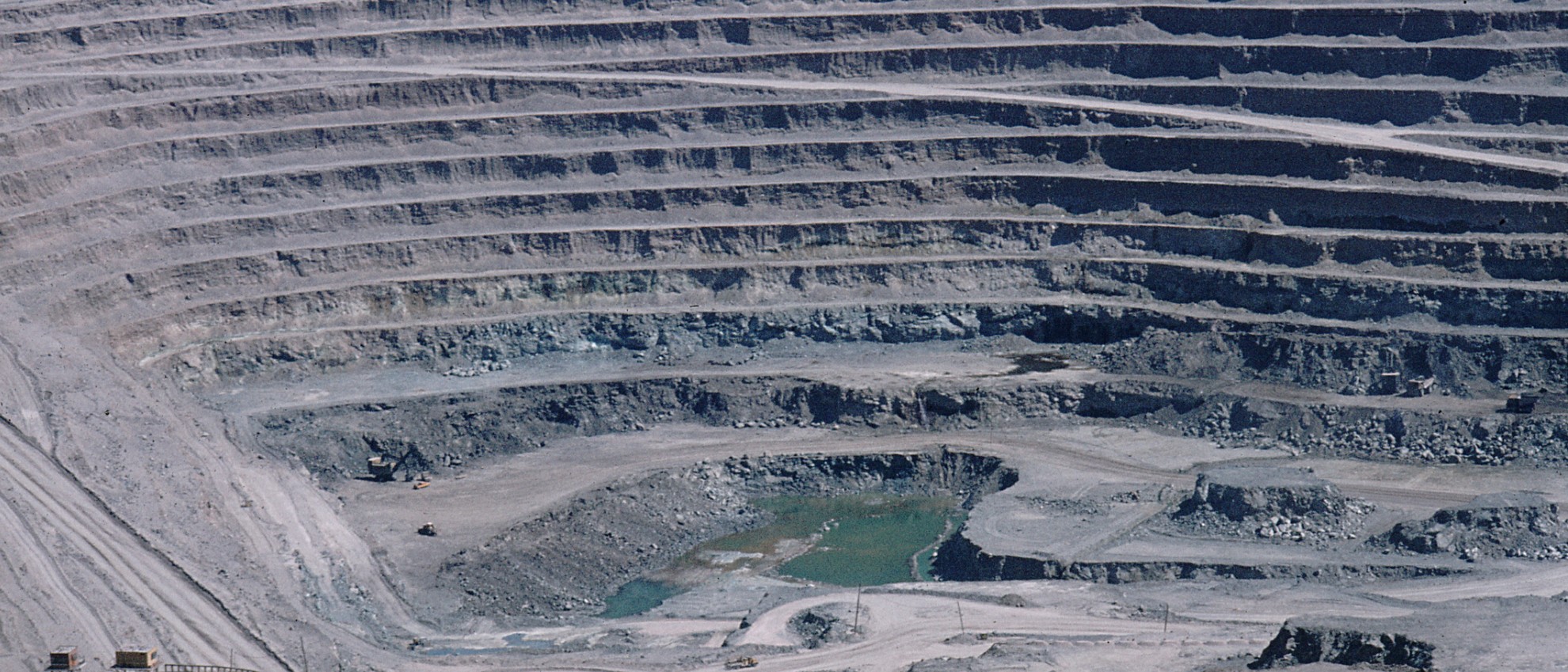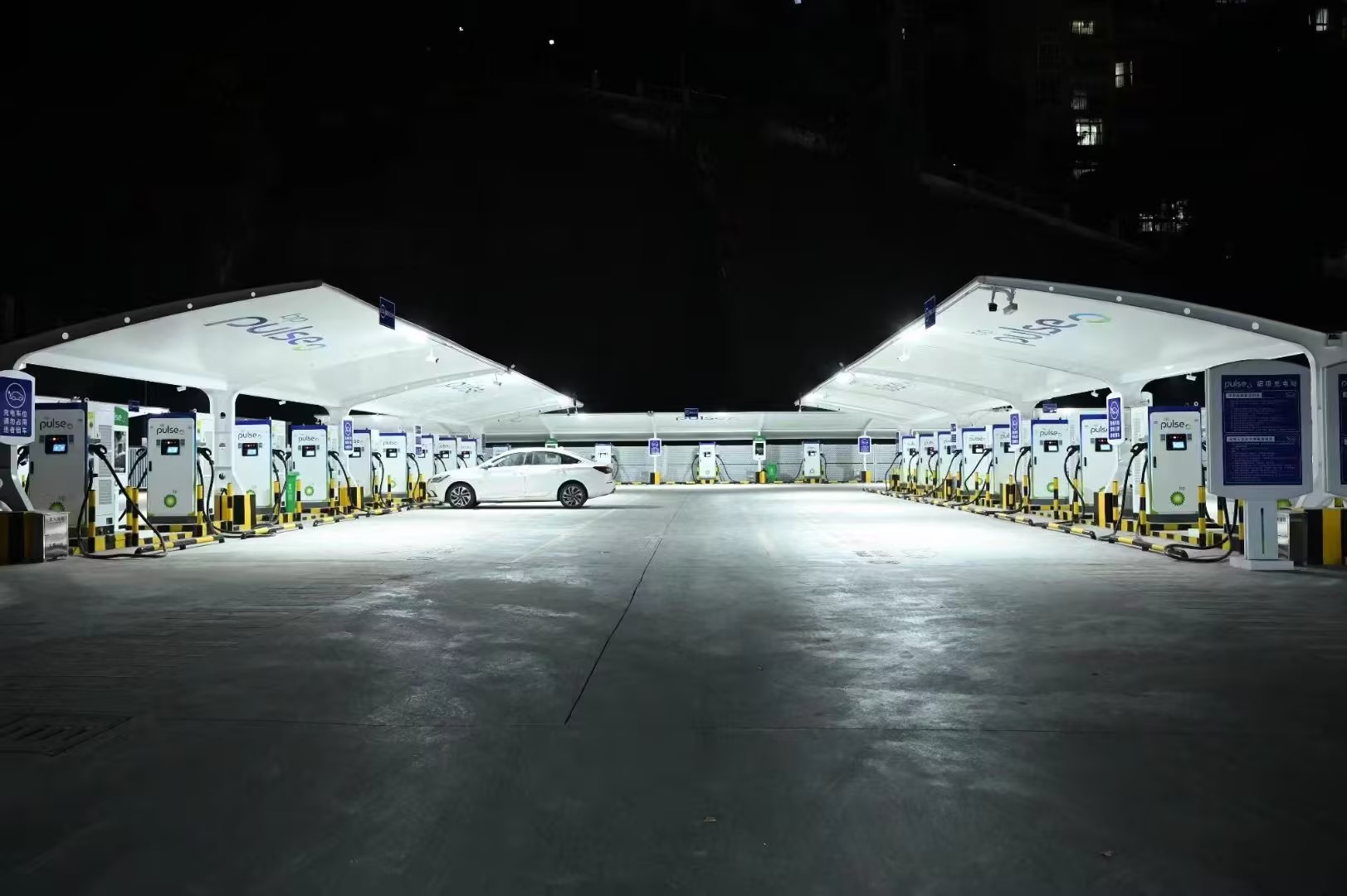In a recent announcement, the deputy spokesperson for the Thai Prime Minister’s Office revealed the discovery of two highly promising lithium deposits in the local province of Phang Nga. These findings are anticipated to contribute significantly to the production of batteries for electric vehicles.
Citing data from the Thai Ministry of Industry and Mines, the spokesperson disclosed that the uncovered lithium deposits exceed 14.8 million tons, with the majority located in the southern province of Phang Nga. This revelation positions Thailand as the world’s third-largest lithium reserve country, trailing only Bolivia and Argentina.
According to the Ministry’s data, one of the exploration sites in Phang Nga, named “Ruangkiat,” has confirmed reserves of 14.8 million tons, with an average lithium oxide grade of 0.45%. Another site, named “Bang E-thum,” is currently undergoing estimation for its lithium reserves.
In comparison, a report released by the United States Geological Survey (USGS) in January 2023 indicated global proven lithium reserves at approximately 98 million tons. Among them, Bolivia accounted for 21 million tons, Argentina 20 million tons, Chile 11 million tons, and Australia 7.9 million tons.
Geological experts in Thailand confirmed that the lithium content in the two deposits in Phang Nga surpasses that of many other major deposits worldwide. Alongkot Fanka from Chulalongkorn University stated that the average lithium content in the southern lithium deposits is around 0.4%, making them among the world’s most abundant.
It is noteworthy that the lithium deposits in Phang Nga are primarily of pegmatite and granite types. Fanka explained that granite is common in southern Thailand, and lithium deposits are related to the region’s tin mines. Thailand’s mineral resources include tin, potash, lignite, oil shale, among others.
Previously, officials from the Thai Ministry of Industry and Mines, including Aditad Vasinonta, mentioned that exploration permits for lithium had been issued for three locations in Phang Nga. He added that once the Ruangkiat mine obtains an extraction permit, it could power up to one million electric vehicles equipped with 50 kWh battery packs.
For Thailand, possessing viable lithium deposits is crucial as the country is rapidly becoming a hub for electric vehicle production. The government aims to establish a comprehensive supply chain to further enhance its appeal to automotive investors.
The Thai government is actively supporting the development of the electric vehicle industry, offering subsidies of 150,000 Thai Baht (approximately 30,600 Chinese Yuan) per electric vehicle in 2023. This initiative has led to an explosive 684% year-on-year growth in the electric vehicle market. However, with the subsidy reducing to 100,000 Thai Baht (approximately 20,400 Chinese Yuan) in 2024, the growth trend may experience a slight slowdown.
In 2023, Chinese brands dominated the pure electric vehicle market in Thailand with a market share ranging from 70% to 80%. The top four best-selling electric vehicles in Thailand were all Chinese brands, securing eight positions in the top ten. It is expected that more Chinese electric vehicle brands will enter the Thai market in 2024.
Post time: Jan-31-2024





